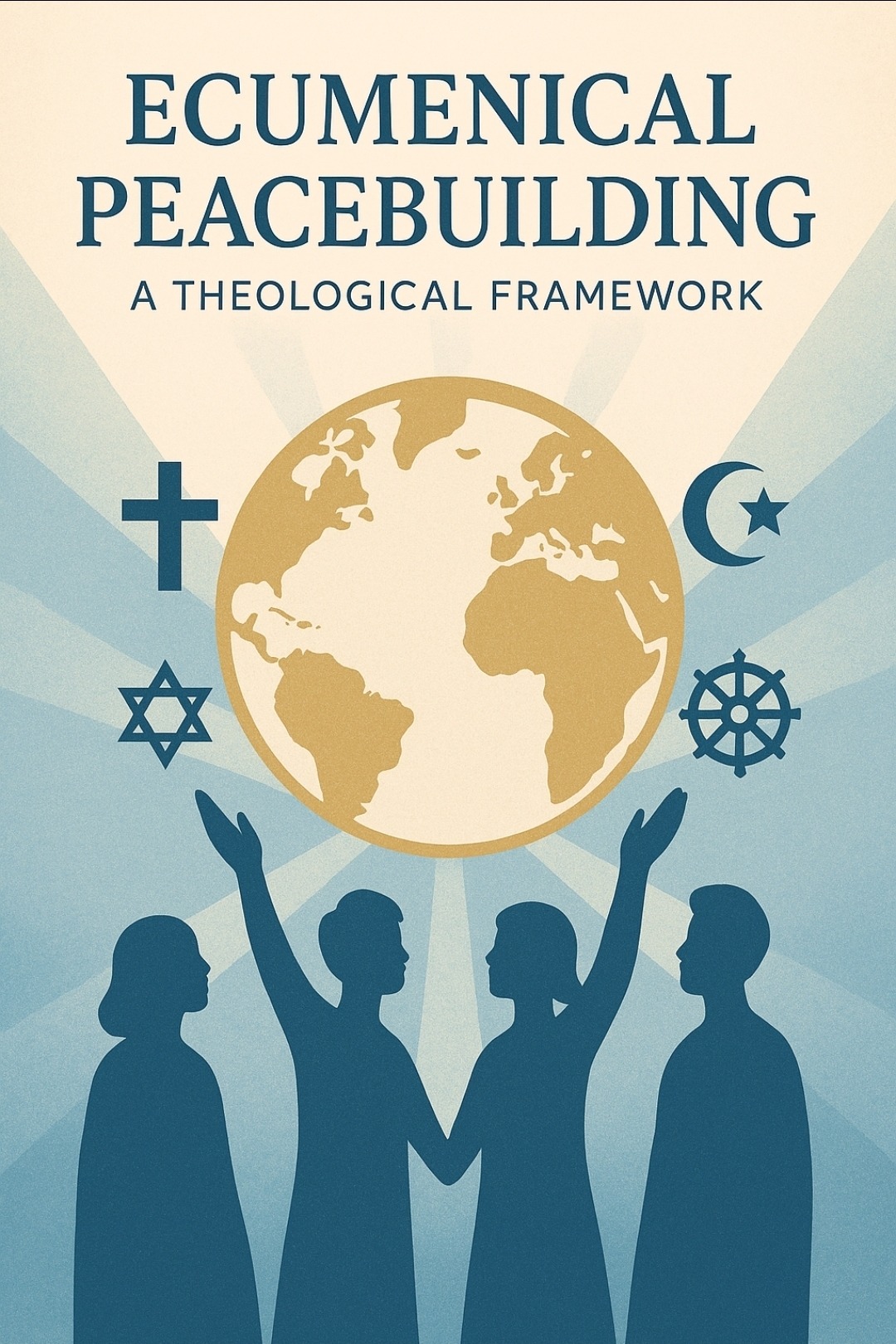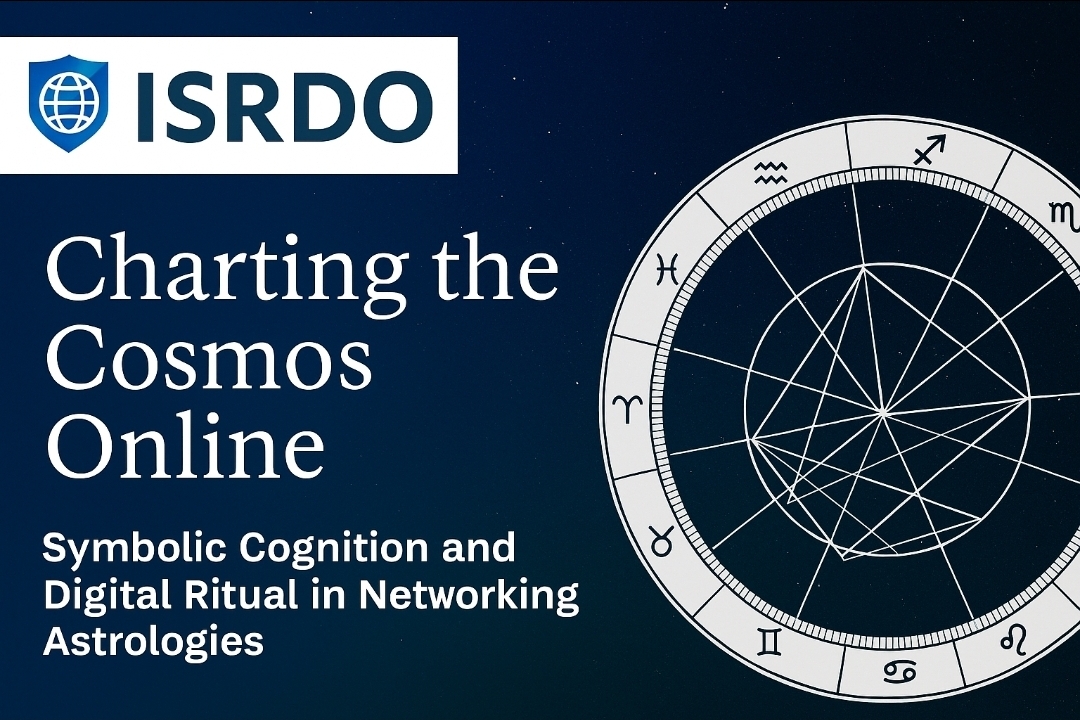
Religious Studies
Religious studies, also known as the study of religion, is
an academic field devoted to research into religious beliefs, behaviors, and
institutions. It describes, compares, interprets, and explains religion,
emphasizing systematic, historically based, and cross-cultural perspectives.
While theology attempts to understand the nature of
transcendent or supernatural forces (such as deities), religious studies tries
to study religious behavior and belief from outside any particular religious
viewpoint. Religious studies draws upon multiple disciplines and their
methodologies including anthropology, sociology, psychology, philosophy, and
history of religion.
The religious studies scholar Walter Capps described the
purpose of the discipline as to provide "training and practice... in
directing and conducting inquiry regarding the subject of religion". At
the same time, Capps stated that its other purpose was to use "prescribed
modes and techniques of inquiry to make the subject of religion
intelligible." Religious studies scholar Robert A. Segal characterised the
discipline as "a subject matter" that is "open to many
approaches", and thus it "does not require either a distinctive
method or a distinctive explanation to be worthy of disciplinary status."
Different scholars operating in the field have different interests and intentions; some for instance seek to defend religion, while others seek to explain it away, and others wish to use religion as an example with which to prove a theory of their own. Some scholars of religious studies are interested in primarily studying the religion to which they belong.
- Origin and Development
- Vedic Religion
- Jainism and Buddhism
- Judaism and Christianity
- Six Schools of Indian Philosophy
- Islam and Sufism
- Bhakti Tradition of Medieval India
- Origin and Development of Sikh Religion
- History of the Sikhs
- Guru Granth Sahib and Dasam Granth
- Varan Bhai Gurdas and Janamsakhi Literature
- Philosophy of Sikhism
- Sociology of Sikh Religion
- Philosophy of Religion
- Exegetical Traditions of Guru Granth Sahib
- Religion in the Modern World
- Modern Religious and Anti-Religious Thinkers
- Religion of Israel: The Hebrew Bible
- Early Christianity: The New Testament
- Introduction to Judaism
- First-Year Seminars in Religion
- Introduction to Islam
- Hinduism
- The Religions of China
- Religion and Morality
- Religion in North America
- Beyond God the Father: An Introduction to Gender and Religion
- Introduction to African Religions
- The Christian Tradition
- Modern Islam
- African Religions of the Americas
- Indian Buddhism
- The Origins of Judaism
Recent Published
Submit Manuscript
To give your manuscript the best chance of publication, follow these policies and formatting guidelines.


